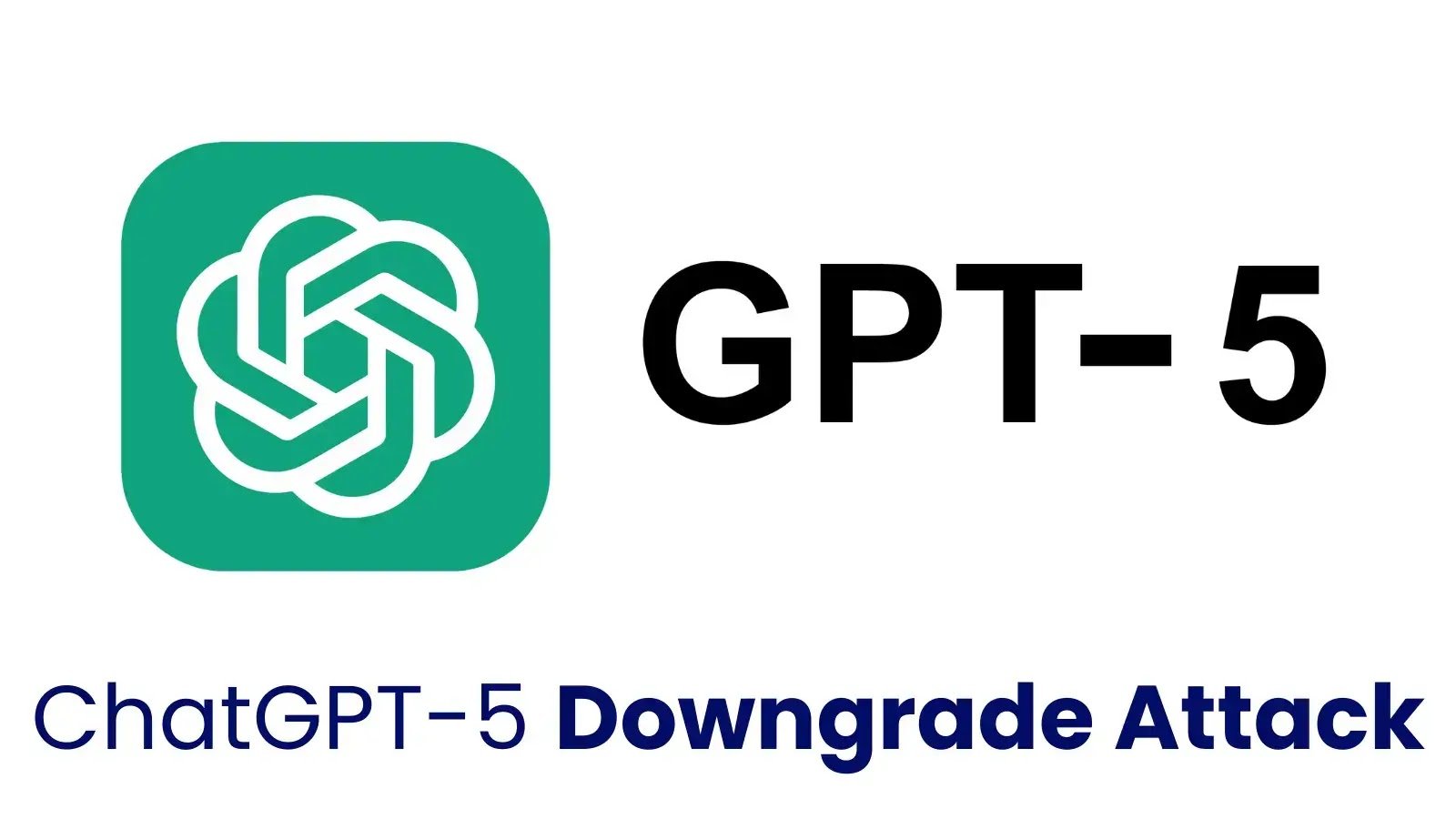The order gives the parties 120 days to close, marking the fifth deadline extension granted by Trump, testing the boundaries of the divest-or-ban law, which allowed for only one enforcement pause. The deal now must close by the end of January, more than a year after the law took effect.
The president’s move sets up a potential confrontation with US lawmakers who remain skeptical that the deal taking shape meets the terms of the 2024 law. Members of Congress are vowing to scrutinize the accord — particularly whether it ends ByteDance’s control over TikTok and its coveted recommendation software in the US.
“If a deal has been struck, the details need to be shared with Congress,” Representative Raja Krishnamoorthi, the top Democrat on the House Select Committee on the Chinese Communist Party, said in a statement Monday. His Republican counterpart leading the committee, Representative John Moolenaar, said last week that he planned on “discussing these issues with the transaction parties to ensure any deal adheres to the law’s legal requirements.”
It remains unclear how far lawmakers, especially Trump’s fellow Republicans, will go in challenging the president over the terms.
Under the deal, owners of the US-based TikTok would lease a copy of the algorithm from ByteDance that would then be retrained “from the ground up” with Oracle’s oversight, according to a US official. Oracle would inspect the retrained algorithm, and how it’s feeding content to users, to help the US entity ensure it’s not being used for malicious purposes or otherwise influenced.
Data from US users would be stored in a secure cloud managed by Oracle with controls established to keep out foreign adversaries, including China, the official said. ByteDance would not have access to information on TikTok’s US subscribers, the official said. The setup mirrors the multibillion-dollar partnership known as Project Texas, where Oracle was tasked with separating and securing TikTok’s US user data from China. TikTok proposed the Project Texas collaboration with Oracle to the Biden administration in 2022 to allay national security concerns, but the US government ultimately rejected it as an adequate solution.
It’s unclear whether that arrangement will satisfy longstanding concerns among authorities in Beijing. The Chinese foreign ministry has said only that “the Chinese government respects the wishes of the company in question, and would be happy to see productive commercial negotiations in keeping with market rules lead to a solution that complies with China’s laws and regulations and takes into account the interests of both sides.”



